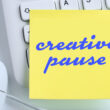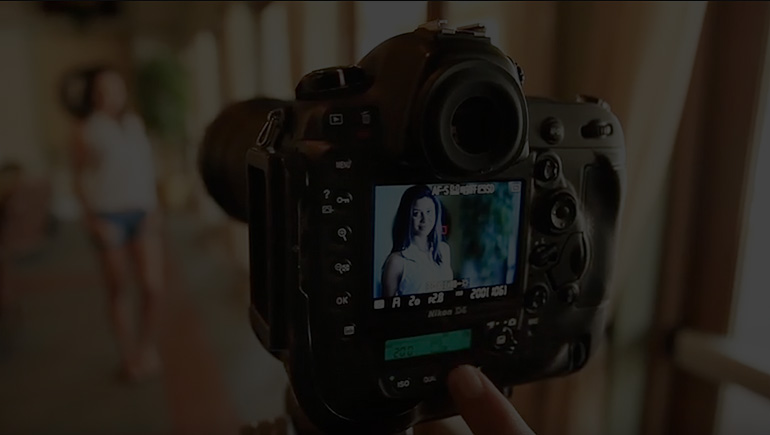Happy Monday, everybody! (stop snickering — it’s going to be a great week). :-)

This past weekend I was fortunate to be one of the instructors at the Out of Chicago photography conference (really great conference, by the way — so much fun, and I met lots of great folks. High-five to Chris Smith and his team for organizing such a great event). Anyway, one of the highlights of the conference for me was getting to sit down and do one-on-one portfolio reviews, and just getting to talk to so many photographers about their work.
Where’s Your Portfolio?
One thing I’m constantly surprised about is how many folks not only have no photography portfolio whatsoever (online or otherwise) but beyond that, they haven’t even taken a break from shooting long enough to stop and evaluate their own work. They have thousands upon thousands of images in Lightroom, but they haven’t gone through to choose their very best images, so they really don’t know where they stand with their work. They just keep shooting and shooting and shooting, and photos keep piling up and piling up, so they don’t step back, take a break, and really look at where they are, and where they’re going.
Why This Matters
If they haven’t taken the time to find their best images, how can they tell if they’re improving? Are they getting better? Can they see any year-over-year improvement? How would they even know?
So where do you stand?
If I ran into you today, and I asked to show me your portfolio, you could be able to give me a URL where I could see your best work? I’m not talking about your Facebook page or Twitter or Instagram where you have posted hundreds of random images over the past few years — I’m taking an actual portfolio of your best work. If I sat down with you at your computer, could you point me to your best 20 or 24 shots in just one or two clicks?
We need to know where we stand as photographers, no matter where we are on our journey. If you’re a beginner, that doesn’t mean you shouldn’t be able to find your 20 best images. Have you taken the time to stop and evaluate your own work? Do you know how you’re doing? Are you making progress?
This is something we really need to talk about.
That’s why this is my topic on my podcast “The Grid” this week
I’m not only going to talk about why we all need to evaluate our own work, but I’m also going to show you step-by-step how to quickly put together a professional-looking online portfolio for FREE (Well, it’s free as long as you subscribe to any of Adobe’s subscription plans for Lightroom and Photoshop). This is important stuff, and I hope you’ll join me on Wednesday — we go live at 4 PM ET (New York Time), and I’ll be taking your comments and questions on the air. You’re going to be stunned at how easy it is to put together a pro-looking portfolio, so I hope you can make it. We simul-stream to my Facebook page, so you can watch it there, or you can go to kelbyone.com/thegrid and watch it there.
Have a great Monday everybody, and I hope to see you Wednesday on the show. :)
Best,
-Scott
P.S. I’m bringing my Lightroom seminar to Washington DC, Raleigh, and Lansing
I’ll be in DC in August with my full-day Lightroom seminar, but before then I’ll be in Raleigh and Lansing. Hope you’ll join me for the day. http://kelbyonelive.com





Thanks for this always interesting topic, Scott! Even though I do have a website, my published portfolio is is need of a refresh. It will be good to hear you talking about it on The Grid.
Scott
I have written a similar thing. Only much longer and waffle and nowhere near as well written.
Completely agree – when I realised this it was the beginning of the transformation of my work from rubbish to a level where I achieved my ABIPP qualification.
With warm regards from (warm) England
Rick McEvoy – https://rickmcevoyphotography.com/
Just a quick note to say it was great to meet you (for the 2nd time ever) at Out of Chicago!! The keynote was terrific and many of the walks / talks I was in kept referencing various parts of it and then demonstrating what you were talking about. Just thought you’d like to know.
Thanks for sharing this interesting topics.This is really helpful article.
Hello Scott, Thank you for sharing new topics.